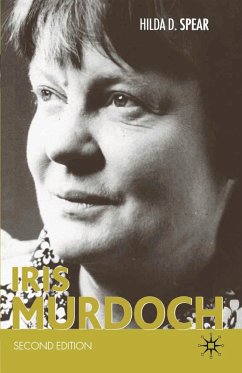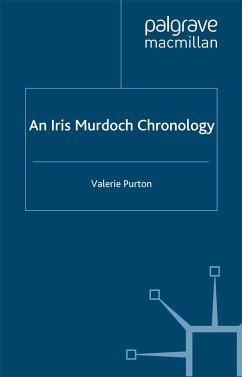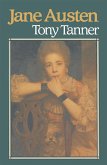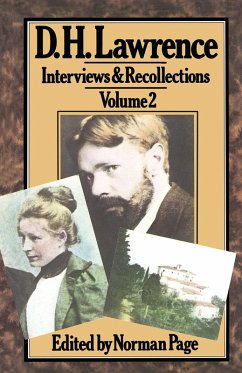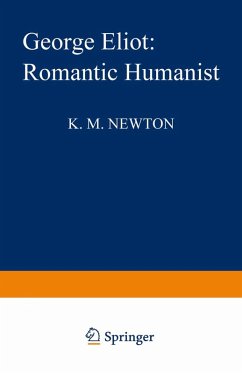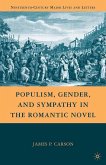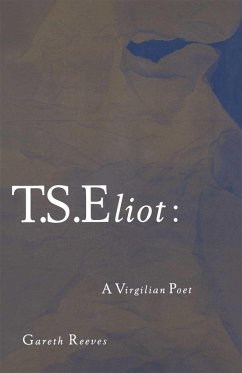Iris Murdoch produced twenty-six novels in forty years. The last of these, Jackson's Dilemma, was published in 1995, four years before her death. Murdoch's interest in moral problems inclined her towards what could be seen as an unusual view of human character and human life, leading her to create bizarre situations and offer unsettling solutions which frequently challenge and intrigue the reader.
This essential introduction to one of Britain's best-known writers guides the reader through the full range of Murdoch's fictional output, tracing basic patterns which run throughout Murdoch's work and showing how the novels help to elucidate one another. The revised, updated and expanded new edition takes into account certain details which have emerged following Murdoch's death in 1999, incorporates the latest scholarship and offers fuller treatment of a number of novels.
The second edition also gives more weight to the development of the moral discourse which is predominant in Murdoch's work. From the mid-sixties onwards, Murdoch was intensely concerned with the problems of Good and Evil in a godless world. In the later novels, particularly those of the eighties and nineties, she posited the possibility of mystic personalities who influence others from a position beyond the normal parameters of our world. Hilda D. Spear examines these mystic, and mysterious, fictions in the later chapters of her study, and argues that Jackson's Dilemma should be viewed as Murdoch's 'unfinished novel'.
This essential introduction to one of Britain's best-known writers guides the reader through the full range of Murdoch's fictional output, tracing basic patterns which run throughout Murdoch's work and showing how the novels help to elucidate one another. The revised, updated and expanded new edition takes into account certain details which have emerged following Murdoch's death in 1999, incorporates the latest scholarship and offers fuller treatment of a number of novels.
The second edition also gives more weight to the development of the moral discourse which is predominant in Murdoch's work. From the mid-sixties onwards, Murdoch was intensely concerned with the problems of Good and Evil in a godless world. In the later novels, particularly those of the eighties and nineties, she posited the possibility of mystic personalities who influence others from a position beyond the normal parameters of our world. Hilda D. Spear examines these mystic, and mysterious, fictions in the later chapters of her study, and argues that Jackson's Dilemma should be viewed as Murdoch's 'unfinished novel'.

